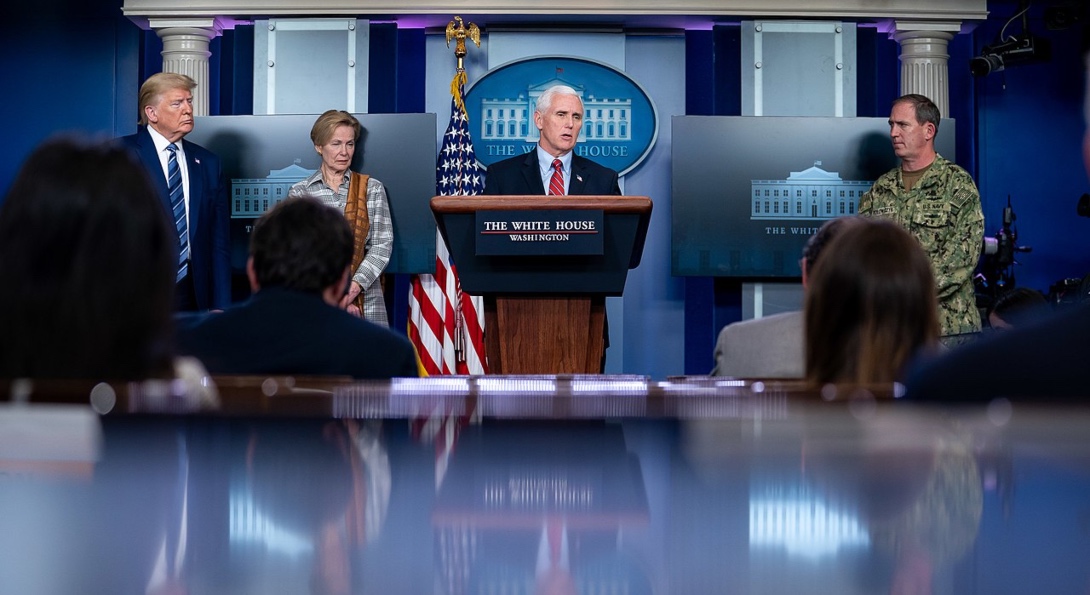Op-Ed: Public Health Experts Needed at Forefront of Pandemic

Op-ed introduction Heading link
SPH’s Ashley Bieniek-Tobasco, DrPH, assistant professor of environmental and occupational health sciences, co-authored an op-ed in the Boston Globe, questioning why physicians who are not public health experts are at the forefront of the U.S.’s COVID-19 response. A selection of text is included below.
The COVID response is missing an obvious cadre of experts Heading link
As far back as 1988, a report from the Institute of Medicine lamented, “This nation has lost sight of its public health goals and has allowed the system of public health activities to fall into disarray.” The problem: People occupying public health leadership positions in states and in the federal government have had limited, and in many cases zero, public health training. The government has unwisely tended to value physicians and other people with clinical medical skills for these positions — a preference that continues today. This is unfortunate, because practicing medicine on individuals is quite different from guiding the health of entire populations.
Dr. Scott Atlas, President Trump’s new COVID-19 adviser, is a radiologist. His training and professional experience is in diagnosing diseases with imaging technologies. He is now charged with advising Trump on national prevention strategies as well as reopening schools and businesses. Atlas doesn’t have expertise in any of this. Calling out this disconnect, nearly 100 scientists have judged Atlas unqualified for the role, declaring his public comments on COVID-19 misleading and harmful.
…
For more than 30 years, health policy experts have criticized our health system for overemphasizing clinical interventions over prevention. Focusing disproportionately on medical treatment distracts policymakers from structural causes of health inequities that make the US much more vulnerable during a pandemic. In their 2013 book, “The American Health Care Paradox,” Elizabeth Bradley and Lauren Taylor argued that we spend so much on health care and get so little in return because we don’t invest in factors outside the clinical setting that impact our health. The authors urge spending less on health care and more on social and public health interventions.